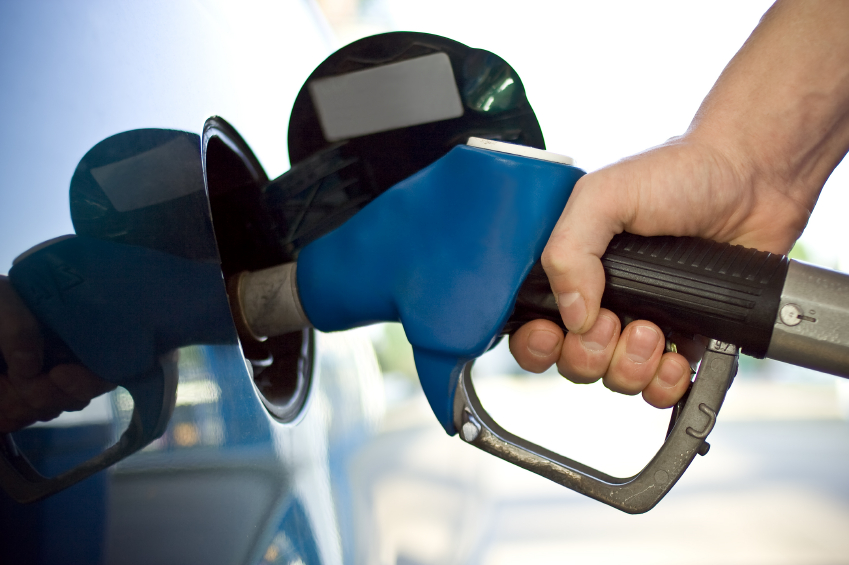Just days after the presidential election, automaker lobbyists urged Donald Trump to loosen pending emissions and fuel-economy standards.
Shortly after the election, a lobbying group wrote Trump asking him to change or delay an EPA decision that kept planned emissions standards for 2022 to 2025 in place.
Last week, executives of 18 automakers sent a second letter, asking the same thing.
DON'T MISS: Carmakers ask Trump to review EPA rules, use discredited job projection
But not everyone in the auto industry is enthusiastic about a possible change in previously-approved regulations.
The president should leave current Corporate Average Fuel Economy standards alone, James Verrier, CEO of supplier Borg Warner, said during a recent meeting hosted by the Detroit Economic Club, reports The Detroit News.
"Do not slow down the pace on CAFE standards," Verrier said.

Gas pump
As the name indicates, CAFE standards set requirements for fuel economy, and are separate from the EPA emissions standards targeted in the two automaker-lobbyist letters to Trump.
CAFE standards are overseen by the National Highway Traffic Safety Administration, although since 2012 that agency and the EPA have had to coordinate their respective standards to ensure both sets of limits on carbon dioxide, a climate-change gas, are consistent.
Verrier's stance on CAFE reflects a concern in parts of the auto industry that the campaign to change current regulations will create instability and uncertainty—which is bad for business.
ALSO SEE: What White House faces if it tries to roll back fuel-economy standards
While companies often view regulations as burdensome, they also value predictability.
Having regulations locked in several years in advance allows the industry's businesses to make the capital investments—often in the hundreds of millions of dollars—needed to launch future products, with assurance that those investments won't be wasted.
An abrupt change in U.S. policy could imperil investments made now for vehicles to be sold in 2020 and later.

2017 Nissan Leaf
There is also the possibility that a future administration would attempt to undo any changes made by the Trump administration, should elections produce a change in governmental control in 2018 or 2020.
In today's globalized auto industry, manufacturers and suppliers must also consider the policies of other markets when planning new products and investments.
China and the European Union seem likely to hold firm on their planned stricter efficiency standards, regardless of whether the U.S. government makes changes to CAFE.
MORE: EPA keeps car-emission rules to 2025; what happens under Trump? (Dec 2016)
The need to plan ahead explains why many of the automakers asking for a re-evaluation of emissions standards are also launching broader ranges of hybrids and plug-in electric cars.
It's worth noting, however, that a Technical Assessment Report released by the EPA last July said might not be necessary to meet current standards in the numbers anticipated when the standards were drafted in 2009 through 2011.
The report said the limits has thus far been reached (or exceeded) using more currently available technologies, including continued improvements in the efficiency of vehicles powered by internal-combustion engines.
_______________________________________________












